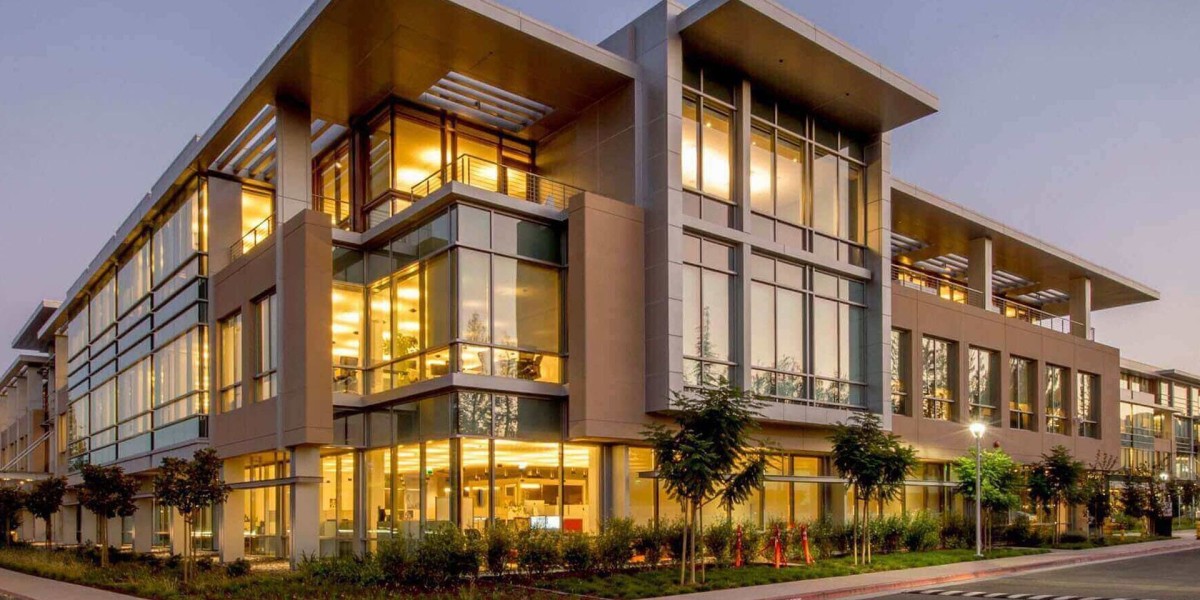Why Invest in Small Commercial Properties?
1. Lower Entry Cost
Unlike large commercial buildings or prime retail spaces, small commercial units come at a lower price point. This makes them accessible for new investors or those with limited capital.
2. Higher Rental Yields
Small commercial properties often offer better rental yields than residential units. Tenants, such as small businesses or startups, may be willing to pay a premium for the right location and size, especially in high-footfall areas.
3. Diverse Tenant Pool
The types of tenants who lease small commercial spaces vary widely—from cafes and boutiques to dental clinics and beauty salons. This diversity can provide income stability even if one sector faces a downturn.
4. Flexible Usage
Many small commercial units offer the flexibility to be used as offices, showrooms, or retail spaces. This versatility enhances their resale and rental potential.
Types of Small Commercial Properties
1. Retail Shops
Located in malls, shophouses, or standalone storefronts, retail shops benefit from walk-in traffic. Think of convenience stores, mini-marts, or pet shops.
2. Office Suites
Smaller office spaces are in demand among freelancers, consultants, and small companies. They are especially appealing in business hubs and city fringes.
3. Food & Beverage Units
Cafés, takeaway kiosks, or bakeries in strategic spots—like near MRT stations or residential areas—can generate strong footfall and rental returns.
4. Medical and Wellness Suites
Clinics, aesthetic studios, and physiotherapy centers are also popular commercial investment options. These are often located in medical hubs or integrated developments.
Pros of Small Commercial Property Investment
✅ Stable Income Stream
Once rented out, these units can provide a steady monthly cash flow, often with longer lease terms than residential properties.
✅ Potential Capital Appreciation
If purchased in an emerging area, small commercial units can appreciate significantly in value over time.
✅ Lower Maintenance Costs
Compared to large commercial complexes, these units are easier and less costly to maintain.
✅ Less Tenant Turnover
Many businesses prefer long-term leases to establish a stable location for their operations, reducing vacancy risks.
Things to Consider Before Investing
? Location is Key
High foot traffic, accessibility, nearby amenities, and visibility are critical factors. A great unit in the wrong location won’t yield strong returns.
? Understand Zoning Rules
Commercial zoning laws determine what type of business can operate in a space. Make sure the property aligns with your intended tenant base.
? Check Rental History
Look into the unit's rental history and past tenant types. This will give insight into rental potential and consistency.
? Tenant Profile
A stable, long-term business tenant can add value to your investment. Target industries that are less likely to be impacted by economic cycles.
? Calculate the Returns
Factor in all costs—purchase price, renovation, property tax, maintenance—and compare it with expected rental income to estimate net yield.
How to Get Started
1. Set a Budget
Work out your finances and decide how much you’re willing to invest. Include renovation and legal costs.
2. Research the Market
Study trends, popular areas, upcoming developments, and average yields in your chosen location.
3. Engage a Commercial Agent
A professional agent specializing in commercial properties can help source the right listings, assess value, and negotiate better deals.
4. Secure Financing
Some banks offer loans tailored for commercial properties. Ensure you understand the terms, interest rates, and tenure.
5. Conduct Due Diligence
Inspect the property thoroughly. Engage a lawyer to review the title, tenancy agreements, and compliance status.
Hotspots for Small Commercial Property Investment
In Singapore, areas like Jalan Loyang Besar, Paya Lebar, Katong, and Upper Thomson are becoming popular for small commercial units due to upcoming developments and improved infrastructure. Units near MRT stations or upcoming mixed-use developments also attract higher demand.
Conclusion: A Scalable, Profitable Asset Class
Small commercial property investment is a rewarding way to diversify your real estate portfolio. With the right approach, it offers stable income, manageable risk, and long-term capital gains. Whether you’re a first-time investor or looking to grow your property assets, small commercial units offer a promising path forward.
Start small, do your homework, and build from there—the commercial real estate market has ample opportunities for those willing to look beyond the residential space.
Important Links
Eco‑Friendly Condos in Singapore: A Breath of Fresh Air
Buying Property as a Foreigner in Singapore
Legal Process of Buying Property in Singapore
Singapore Freehold vs Leasehold Property Value
Why Choose Condos with High Rental Demand in Singapore?
How to Choose Between Resale Condo and New EC
How to Buy a Condo Before Launch for Better Price
How to Apply for Executive Condo in Singapore








